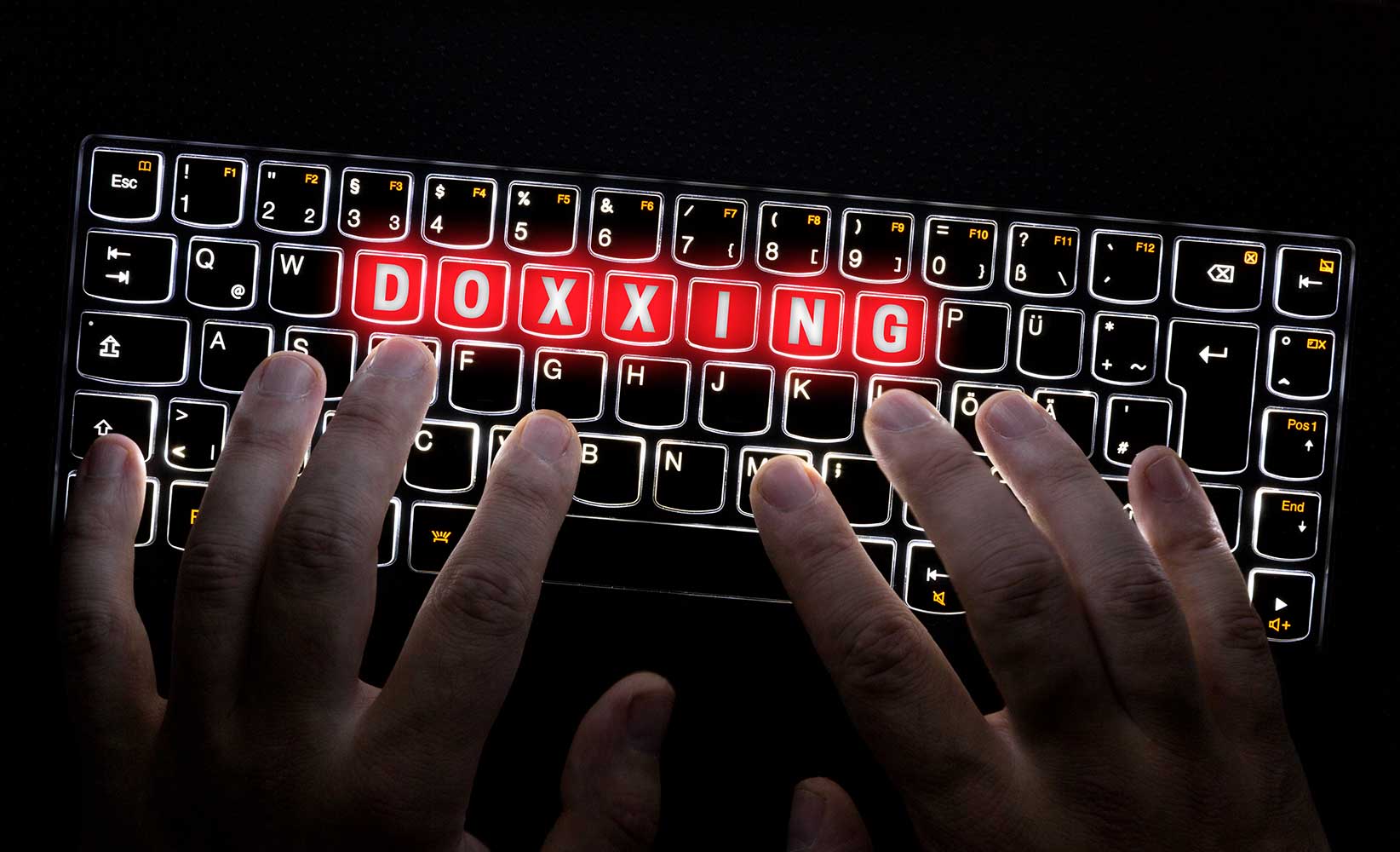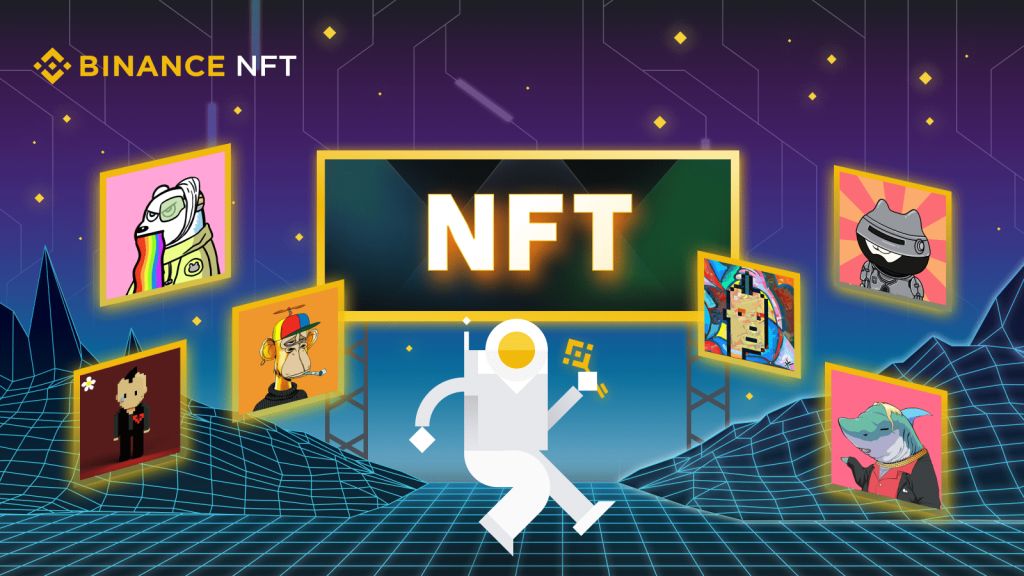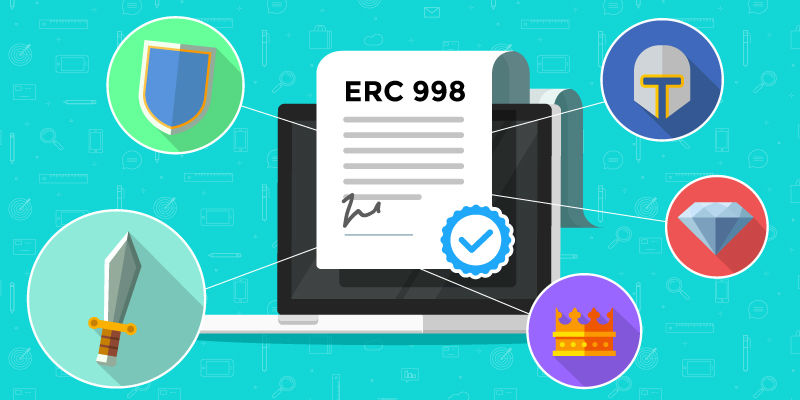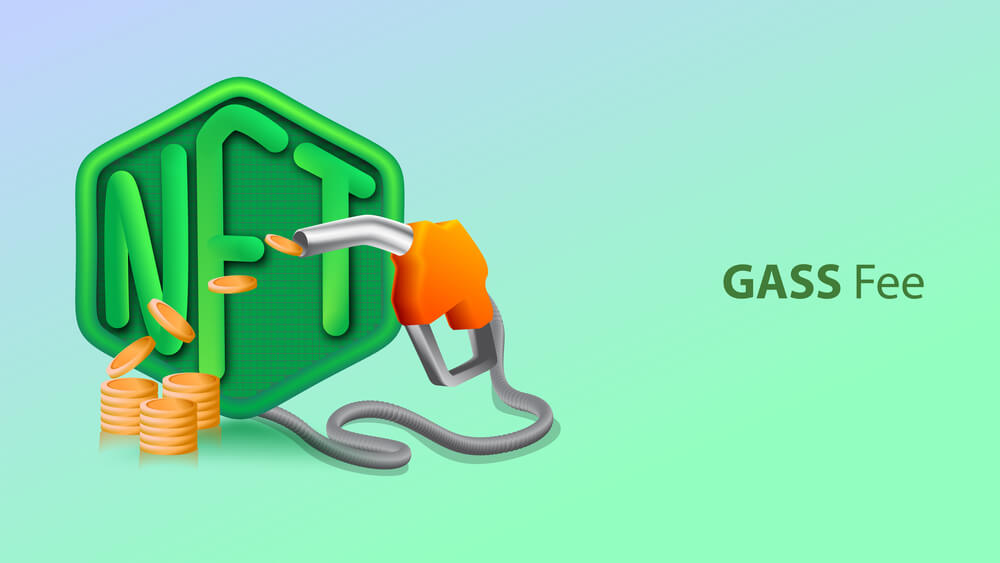Doxxing has become a big deal online not just in the NFT space. Many view it as an act of cyberbullying. On the flip side, doxxing in the NFT and cryptocurrency space has become an integral tool in the effort to stamp out scammers.
So is it at times okay to doxx someone or is it always a taboo? Is doxxing seen differently in the nonfungible token space than on the rest of the internet? Why do people refer to it as doxxing?
The term ‘doxxed’ gets thrown around a lot within the NFT space. Simply, doxxing (or doxing) is the act of publicizing the identity and personal details of a person. It means putting out information that was not available to the public. Many people say doxxing is a form of cyberbullying and people look down on the practice in internet culture.
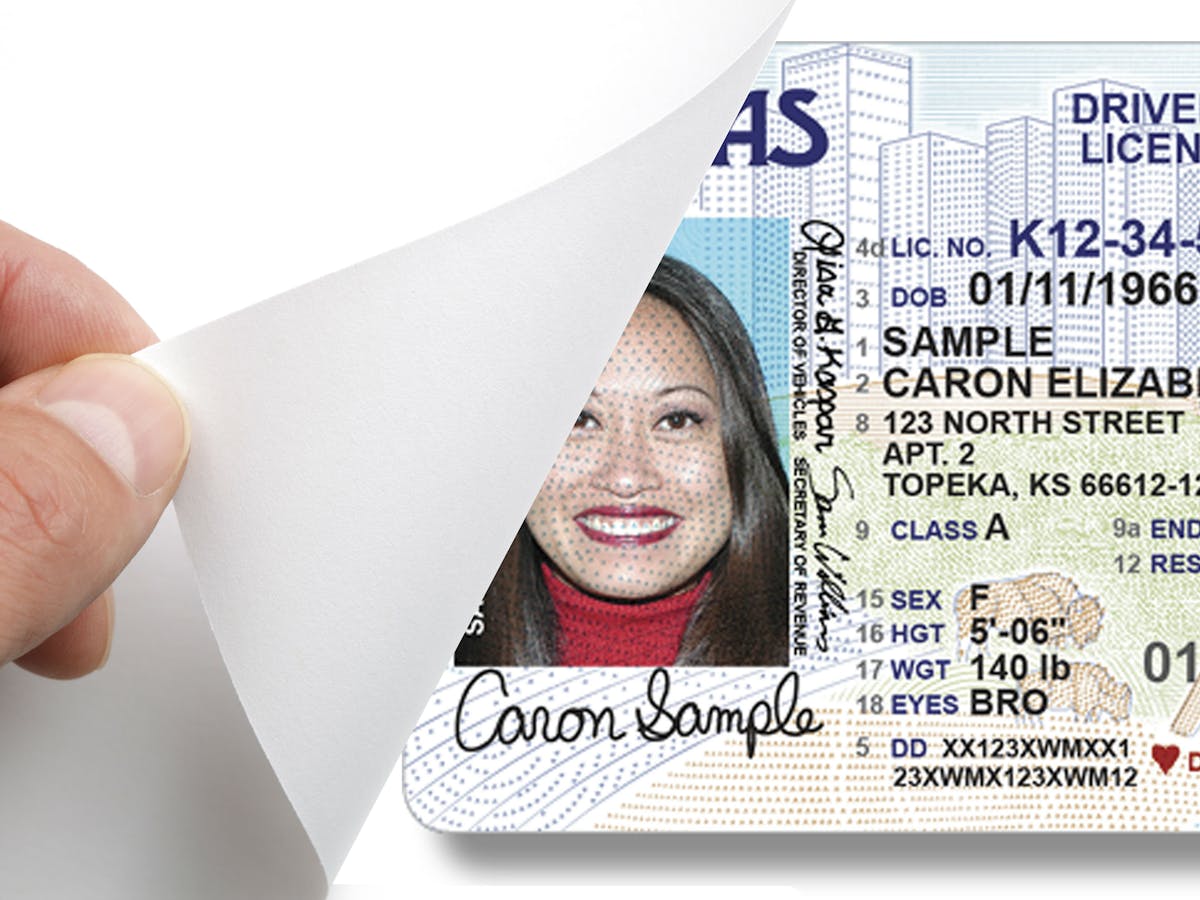
Why Is It Known As Doxxing?
These words “doxxing” and “doxxed” come from the word document. Notably, hacker culture in the early days of Web 1.0 shortened documents to ‘docs’ and then to ‘dox’. Hence, doxxing is “dropping docs” on someone. Such documents would normally be things like telephone numbers, addresses, and financial records.
The iconic hacker collective Anonymous gets credit for popularizing the term. The hacker is infamous for doxxing major figures, mainly in the stated interest of exposing wrongdoing.
How Is One Doxxed In The NFT Space?
As is the case with most internet subcultures, anonymity is a huge facet of the current NFT culture, and in the general crypto space. However, there is a notion that it has started to change.
Essentially, some people in the NFT space decide to communicate online without ever showing their faces or even using their real names. Some of them do that for safety reasons. For instance, they do not become an easy target for hackers and other criminals. In other cases, it is just a part of the culture and a nod to a future where people come up with new identities for themselves within the metaverse.
Nonetheless, there has been a growing push for specific people in the NFT space to doxx themselves instead of remaining anonymous. Particularly, it is due to the increased number of scams and rug pulls that we have seen in the nonfungible token space in the past several months.
Sadly, the bad actors also come with anonymous personas and they have an easy time scamming people and facing no consequences. Whether it might be via online phishing or as anonymous NFT project founders, people have a hard time trusting anonymous people in the NFT space.
This has resulted in more people doxxing themselves by showing their faces, especially the project founders.
Are People Involuntarily Doxxed In NFTs?
The direct answer is yes. Doxxing happens often in NFTs. Although it seems to involve the publicizing of an anonymous person’s name and/or face, we have rarely seen people’s addresses and other information posted on Twitter as far as anons in the NFT space go.

One of the most notorious incidents is that involving the founders of the Bored Ape Yacht Club (BAYC). Recently, a BuzzFeed reporter doxxed Yuga Labs co-founders Gargamel and Gordon Goner in February 2022. The strangely rapid growth of the BAYC makes it highly unlikely that the men would have remained anonymous for a lot longer.
Irrespective, the reporter considered the amount of flack from the NFT space in general at the time. Mostly given that she never assigned any wrongdoing to either man and therefore, had no specific reason to reveal their names.
With that in mind, doxxing happens more often to people linked to malicious activity on the blockchain. Famous blockchain detectives like ZachXBT will sometimes doxx people when their identities come up as part of an investigation into possible crimes.
On the contrary, the much more controversial account NFT Ethics also announced the identities of suspected bad actors often. Nonetheless, the account also received a lot of criticism for many of these incidents; when people felt that NFT Ethics had done that unreasonably. This shows how taboo doxxing somebody is within the NFT space.

